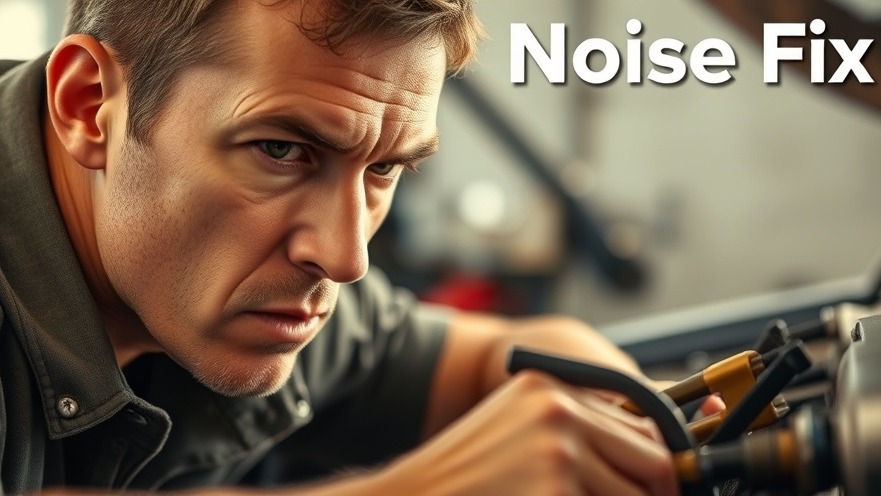
The Evolution of Engine Valve Designs: An Overview
The world of combustion engines has undergone significant transformations over the years, primarily due to advancements in engine valve designs. Starting with the Flathead engine, where the valves and camshaft are embedded within the engine block, we see a design focused on efficiency and simplicity. However, this layout suffers from poor airflow, limiting power and overall engine efficiency. The move to Overhead Valve (OHV) engines addresses these concerns by placing valves above the cylinders, improving airflow and aiding combustion.
In 'This Tiny Engine Part Changed Everything - Flathead vs OHV vs OHC!', the discussion dives into the evolution of engine designs, exploring key insights that sparked deeper analysis on our end.
Modern engines predominantly use Overhead Cam (OHC) designs, which further enhance performance due to their finer control over valve operations. The innovation linked to these designs has revolutionized how engines function, allowing for greater efficiency and higher power outputs. This progression illustrates how a tiny change in engine design can lead to substantial improvements in vehicle performance.
Why Engine Oil Matters
A crucial component often overlooked in the discussion of engine performance is the type of oil used. Different engine designs interact with oil in varying ways, which necessitates different formulations. For older engines, especially those using Flathead and OHV designs, heavier oil with higher levels of ZDDP (zinc dialkyldithiophosphate) is essential to prevent wear where metal rubs against metal.
Conversely, modern OHC engines face unique challenges such as higher temperatures and complexities like turbocharging. Consequently, the oil must be formulated to withstand these conditions while protecting the engine components effectively. Mobile One’s Classic oil, for instance, caters to the needs of vintage vehicles with Flathead or OHV engines, emphasizing the importance of using the right oil for the right engine design.
The Impact of Lubricants on Engine Design
The transition from flat tappets to roller lifters is a significant change not just from a mechanical perspective but also regarding lubrication. By utilizing roller lifters, friction is reduced significantly, leading to less wear and tear on engine components. This change reduces the oil requirements, as it alleviates some of the pressure, allowing engineers to formulate oils that balance between wear prevention and catalytic converter protection.
While adding ZDDP helps older engines, excessive amounts can damage modern emission systems. This emphasizes the necessity for balance in oil formulation, demonstrating how an understanding of engine mechanics informs lubricant development.
Balancing Engine Efficiency and Performance
The relationship between oil formulations and engine performance cannot be understated. The delicate balance between increasing horsepower and maintaining low emissions is crucial, especially in the age of stringent environmental regulations. Today’s engines use sophisticated oil blends designed to address specific problems such as low-speed pre-ignition and deposit buildup from direct injection systems.
The popularity of frame lifters in modern engines illustrates how design updates can drive the need for new lubricant solutions. Engineers continually face the challenge of ensuring performance improvements do not come at the cost of reliability or efficiency.
Final Thoughts: Understanding Your Engine's Needs
As an auto owner, understanding the evolution of engine technology can greatly influence your choices, whether you’re looking to maintain an older vehicle or purchase a new one. Knowing the characteristics of your engine, such as the type of valve train design, can aid you in selecting the right oil. It also empowers you to appreciate the complexities of engine design and maintenance, ensuring that your vehicle runs smoothly and efficiently.
For those with vintage cars or looking to maximize the performance of modern vehicles, seeking products like Mobile One Classic that cater specifically to your engine type is advisable.
 Add Row
Add Row  Add
Add 




 Add Row
Add Row  Add
Add 

Write A Comment